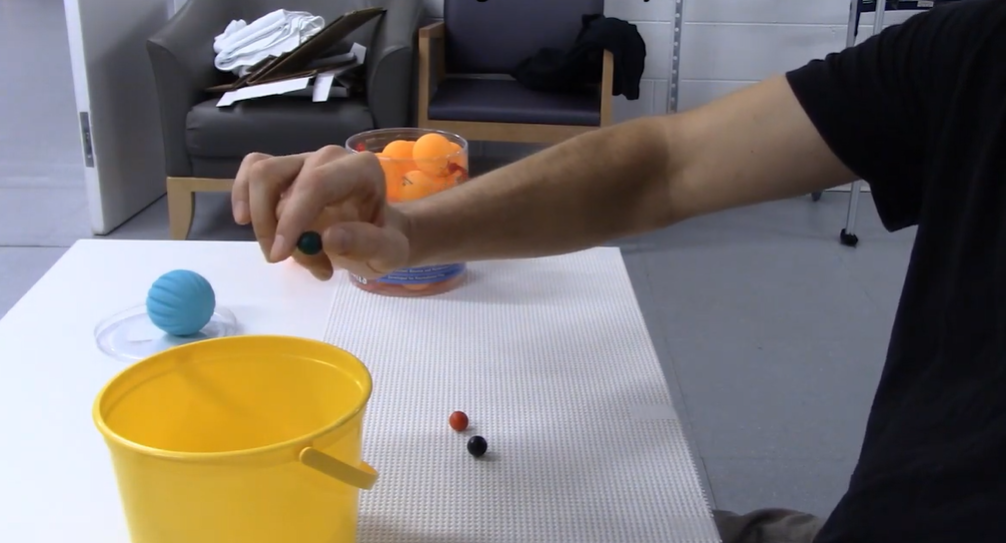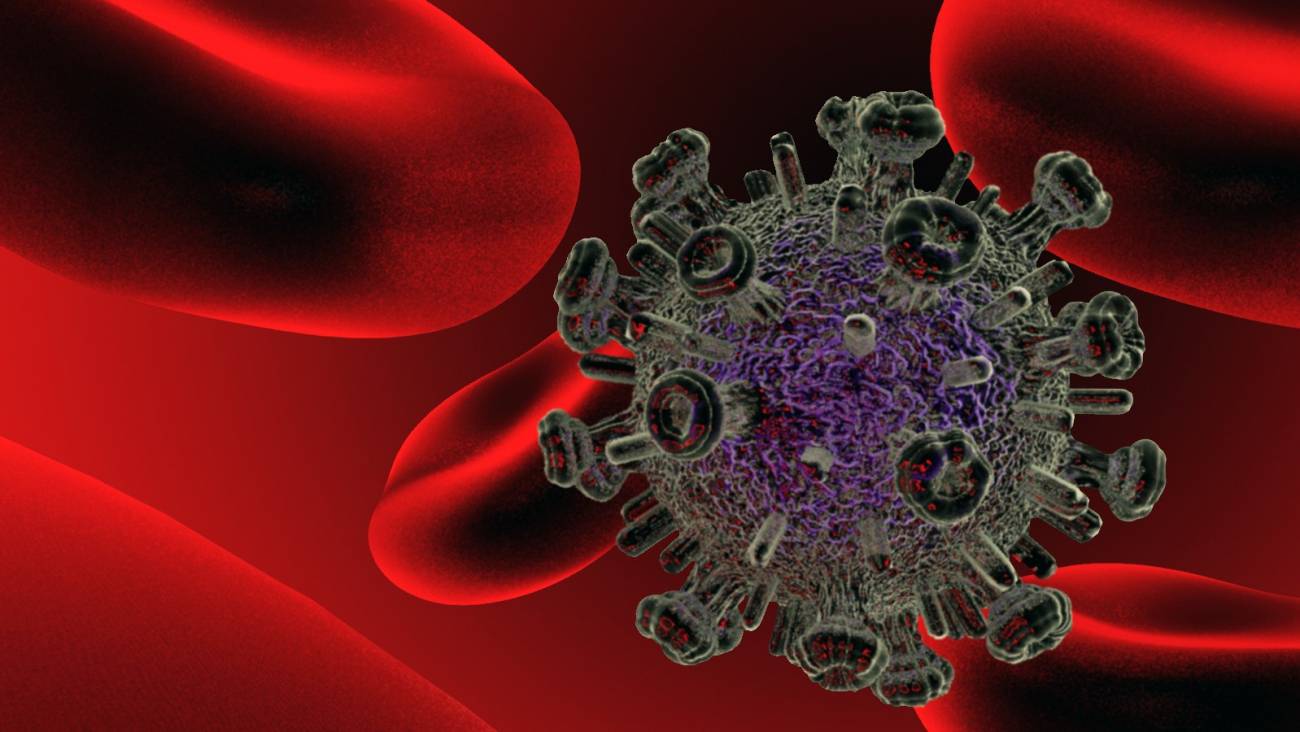More frequent nightmares may precede some autoimmune diseases
An increased frequency of nightmares and hallucinations may precede the onset of certain autoimmune diseases such as lupus, says a study published in the journal eClinicalMedicine. The team surveyed 676 people with lupus and 400 physicians, as well as in-depth interviews with a smaller group. Of the patients who experienced hallucinations, 61% of those with lupus and 34% of those with other rheumatic autoimmune diseases reported having more disturbing nightmares before the hallucinations. Paying more attention to these neuropsychiatric symptoms could provide an ‘early warning system’ for earlier clinical intervention, say the authors.









